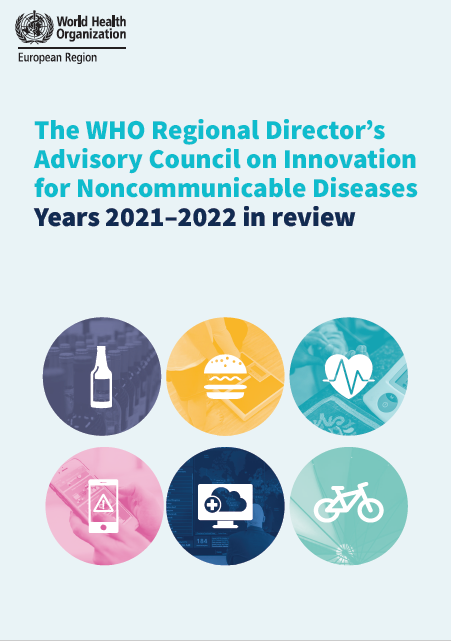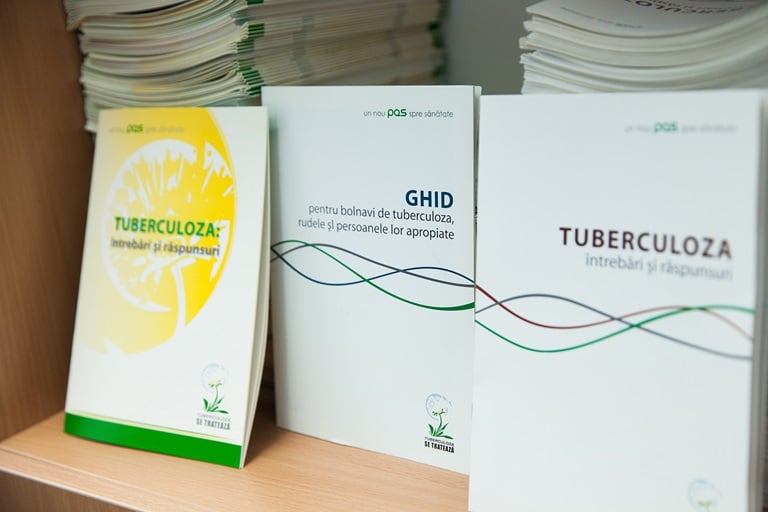The WHO Regional Director’s Advisory Council on Innovation for Noncommunicable Diseases Years 2021–2022 in review

Overview
Noncommunicable diseases (NCDs) are responsible for nearly 90% of deaths and 85% of years lived with disability in the WHO European Region. To intensify efforts to tackle these diseases, the Regional Director for the WHO Regional Office for Europe established an Advisory Council on Innovation for Noncommunicable diseases (NCDAC) in December 2020. Reducing noncommunicable diseases: a signature roadmap for the WHO European Region is the outcome of a year-long reflection by the NCDAC. At the centre of the Roadmap are six signature initiatives — covering cardiovascular diseases (hypertension and salt intake), childhood obesity, digital marketing, greener and healthier cities, alcohol taxes as health taxes, and data and digital health — designed to close the gaps between knowledge and implementation and to foster innovation. These signature initiatives comprise actions to increase engagement and advocate for scaled-up policy implementation and actions to accelerate progress by innovating, advancing knowledge or developing new tools.






